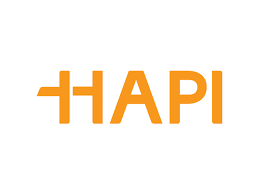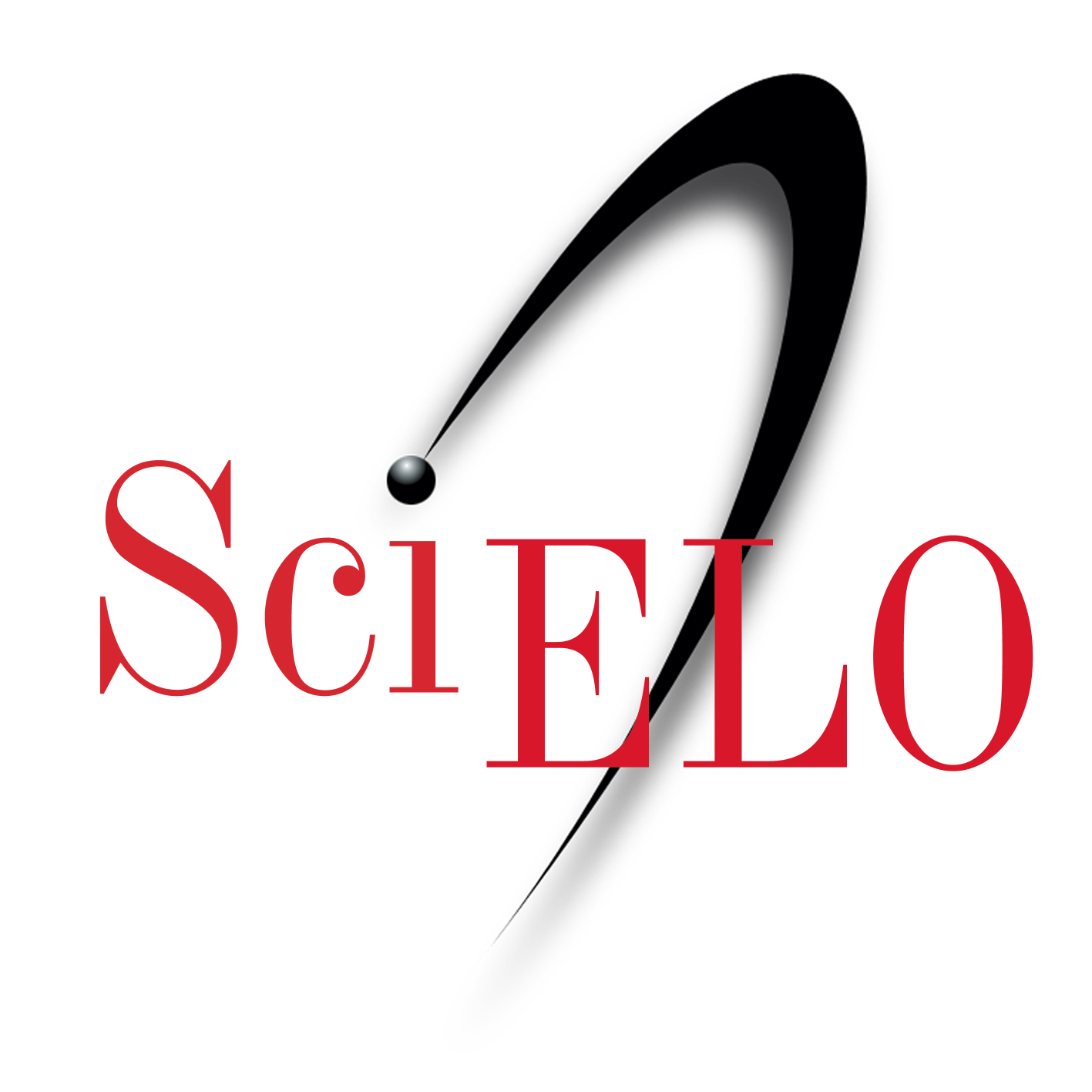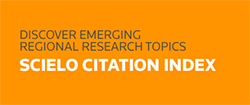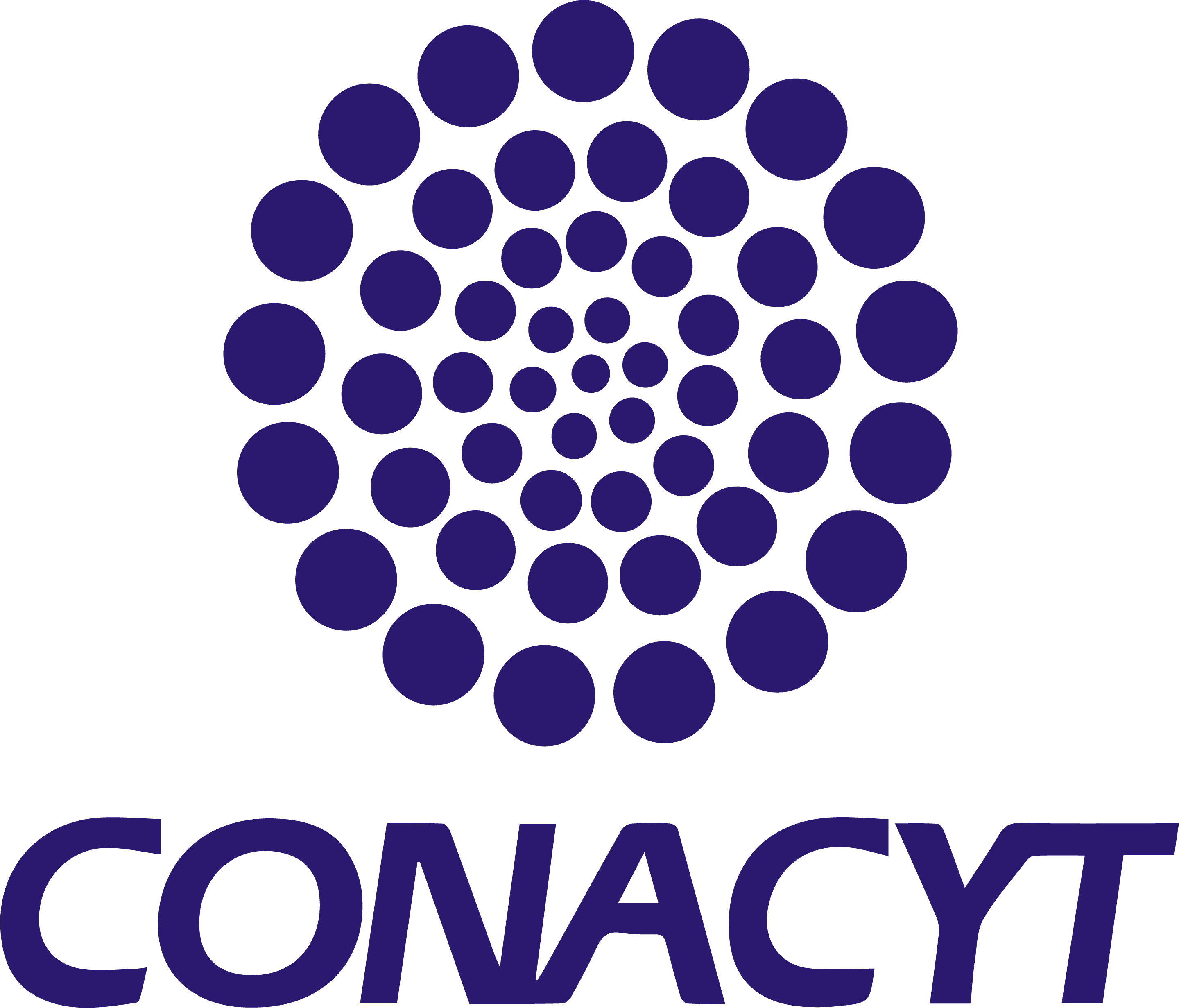Las Meditaciones suramericanas del Conde de Keyserling. Su impronta en la filosofía de lo mexicano
Resumen
el objetivo es revisar las principales tesis del Conde de Keyserling en las Meditaciones suramericanas (1933) y demostrar su influencia en dos pensadores mexicanos: Samuel Ramos y Emilio Uranga. Tiene la doble originalidad de reivindicar a Keyserling como pieza clave para comprender
el proceso de “germanización” de la filosofía mexicana durante los años veinte y treinta del siglo pasado, y de rastrear por primera vez la influencia de nociones keyserlinguianas como “hombre telúrico”, “mundo abisal” y “gana” en los análisis sobre la finura y la desgana del mexicano.
Se concluye que esta influencia no fue accesoria, sino decisiva, y que no se limitó a México. Por décadas, Keyserling alimentó el imaginario de filósofos y novelistas de toda Latinoamérica. El artículo adopta el presupuesto metodológico del historicismo: “una idea no viene a ser sino la forma de reacción de un determinado hombre frente a sus circunstancias”.
Palabras clave: Keyserling; Meditaciones suramericanas; Filosofía de lo mexicano; Samuel Ramos; Emilio Uranga.
Abstract: The purpose of this article is to review Keyserling’s main philosophical ideas and categories in his South American Meditations (published in German in 1932), and show the major influence they had on Mexican thinkers such as Samuel Ramos and Emilio Uranga. This articles
vindicates the important role of Keyserling in the “Germanization” of Mexican Philosophy in the first half of the past century, and traces for the first time the presence of some Keyserling’s notions
(“hombre telúrico”, “mundo abisal”, “gana”) in the characterization of the Mexican as delicate and unwilling. This influence was decisive and spread throughout Latin America. Historicism provides the methodological assumption that an idea (even a philosophical one) is nothing but a way a concrete human being deals with her circumstances.
Key words: Keyserling; South American Meditations; Mexican Philosophy; Samuel Ramos; Emilio Uranga.
Palabras clave
DOI: http://dx.doi.org/10.22201/cialc.24486914e.2022.73.57267
Enlaces refback
- No hay ningún enlace refback.









